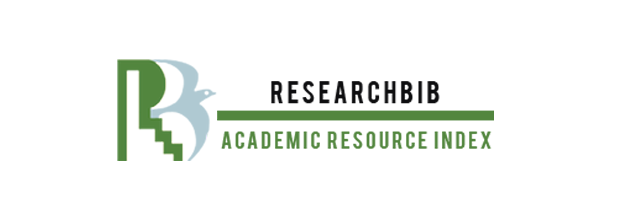کسب حلال کی ترغیب ، قرآن و سنت کی روشنی میں تجزیہ و تحقیق
Encouragement and motivation for halal earning A research analysis in the light of the Quran and Sunnah
Keywords:
Encouragement, foundation, sustenance, blessing, forbiddenAbstract
Islam is not just an economic system or economic theory; rather, it is a complete way of life that encompasses all aspects of life and provides comprehensive guidance. Islam has provided instructions for livelihood, earning a living, and related matters, just as it has provided guidance for other aspects of life, such as worship, fasting, and other obligations. It is astonishing that in Muslim society, there are very few people who differentiate between halal (permissible) and haram (prohibited) earnings. For a Muslim, it is obligatory to strive for halal livelihood after fulfilling the obligations of worship prescribed by Allah, such as prayer, fasting, Hajj, and Zakat. If a person earns haram wealth and spends it as charity, it will not be accepted, and if they spend it on themselves, it will be devoid of blessings. And if they leave it behind for their descendants, it will become a means of hellfire for them. No act of a person who earns and consumes haram wealth is accepted in the court of Allah, nor are their supplications answered.
Those who refrain from earning haram livelihood find it easier to engage in good deeds, and they remain protected from harm. It is surprising that at times, young individuals in Muslim society raise questions such as, "Why is this thing considered haram? What is wrong with using it?" This goes against the honor of a Muslim, who should accept and abide by the laws prescribed by Allah before raising such questions.
Keeping this point in mind, efforts have been made to address the topic of "Islamic principles encouraging halal earnings in society" to understand the principles and guidelines provided by Islam regarding earning a livelihood. It highlights the importance of hard work, the necessity of capital, ownership of land, production capacity, regulations for trade and contracts, honesty, trustworthiness, piety, honesty, truthfulness, avoidance of deception, hoarding, prohibited gains, black marketing, and corruption, as well as the condemnation and prevention of bribery and usury. Various other aspects related to earning a livelihood and the directives and instructions concerning them have been elucidated.
Additionally, in terms of social life, compassion, condolence, sacrifice, and spending in the way of Allah have been emphasized. A command has been given to individuals and society alike.
Undoubtedly, seeking halal earnings and striving to find them is obligatory, necessary, and essential. On the Day of Judgment, a person's feet will not be able to move until they are questioned about their wealth—where they earned it from and how they spent it. Therefore, it is incumbent upon every Muslim, whether male or female, to remain in the pursuit of pure earnings and upright actions, to consume halal and spend on halal things, and to refrain from doubtful and prohibited matters. Because hellfire is more befitting for a body that has been nourished by haram.








